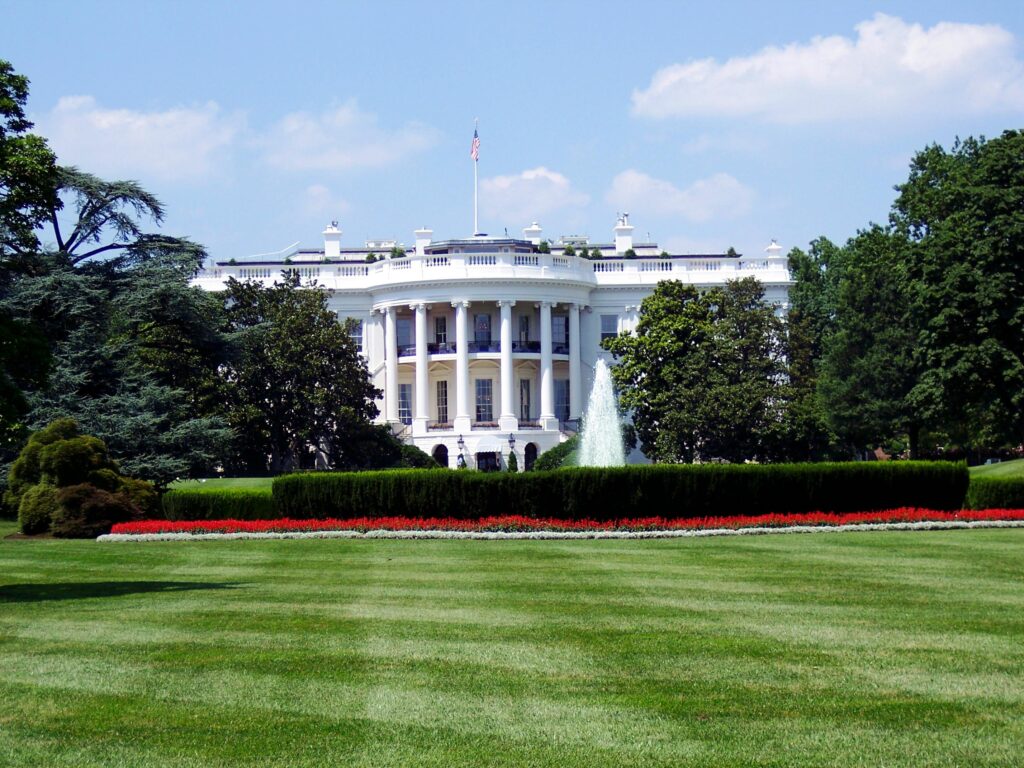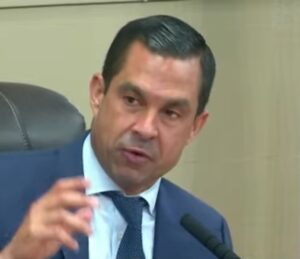Coral Gables has long been insulated from the turbulence of national and state politics. For a century, the city has largely focused on growth, quality of life, and prosperity. Its nonpartisan elections have historically shielded it from broader ideological battles. But that may be changing.
Judging by the platforms of candidates in the city’s April elections, local political issues remain much the same as in past decades. Overdevelopment, traffic congestion, and public safety dominate the conversation. Yet a narrow focus on these issues may overlook the broader forces shaping the city’s future.
Already this year, three politically charged issues have arrived at Coral Gables’ doorstep, demonstrating how federal and state policies are filtering down to the municipal level.
In March, cities across Florida received letters from Gov. Ron DeSantis’s newly formed Department of Government Efficiency (DOGE), “requesting” financial information and “demanding” a response within 45 days or risk being considered “in possible statutory violation and in need of assistance.” The implications remain unclear, but potential state intrusion into city finances—and the possible elimination of boards and committees—seems plausible, given the precedent set by the federal agency on which DOGE is modeled.
Immigration, historically absent from Coral Gables’ political landscape, has also surfaced as a contentious issue. Police Chief Ed Hudak recently announced that his department had signed an agreement with U.S. Immigration and Customs Enforcement (ICE), allowing officers to receive specialized training and assist in immigration enforcement. The city became the first in Miami-Dade County to sign such an agreement. Whether viewed as a pragmatic measure or a politicized overreach, the move thrust Coral Gables into a national debate, sparking protests outside City Hall and drawing widespread media attention.
Meanwhile, the renaming of a University of Miami building reignited tensions over historical legacy and social justice. The City Commission unanimously voted to send a letter urging UM to reverse its decision to remove founder George Merrick’s name from a campus parking garage and website. The original renaming, initiated by a student-led effort in 2021, aligned with a national push to reconsider historical figures’ legacies. The commission’s recent response mirrors broader cultural battles playing out at the federal level.
Despite the growing influence of state and national issues, these debates have been largely absent from the upcoming election campaigns. Candidates appear aligned in their positions, and political prudence may be keeping them from engaging deeply. But as state and federal politics continue to trickle down, they could deepen divisions among residents and officials.
The campaign season has already seen an escalation in political infighting, threatening the city’s longstanding reputation for civility. If national and state controversies continue to shape local governance, the real question may not be if Coral Gables will be affected, but when—and at what cost to its quality of life.






This Post Has 4 Comments
Thank you.
Horrendous.
The Prince of Lampedusa said in his novel The Leopard: “Let everything change, so that everything stays the same.” Here, amateur politicians, or rather pseudo-politicians-businessmen in a democracy that is more of a bureaucracy, seem to be saying: “Let everything change, so that everything stays worse.”
Nice observations, but my quetion is: Why woud anybody give the major so much money?
Coral Gables has become the City Ugly. Everyone in the City Commission should resign and let new, less partisan and more civil professionals enter government. It is shameful the way all parties behave.